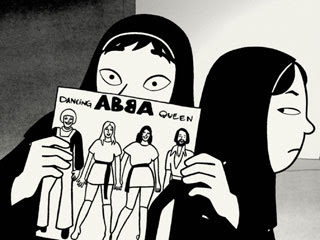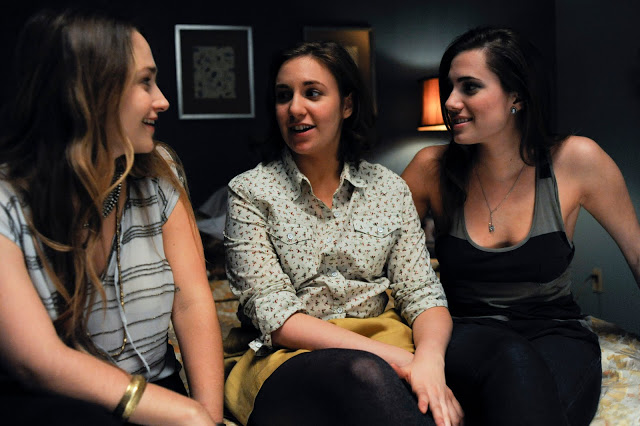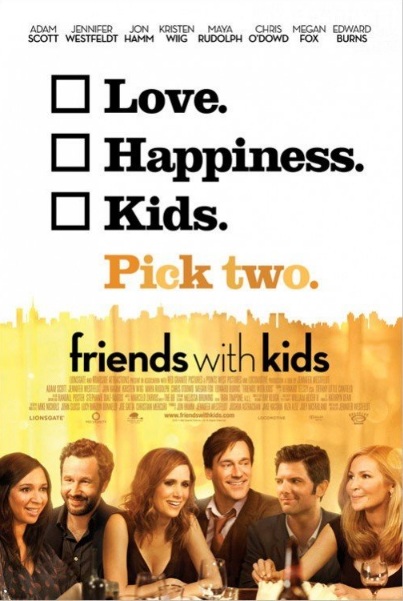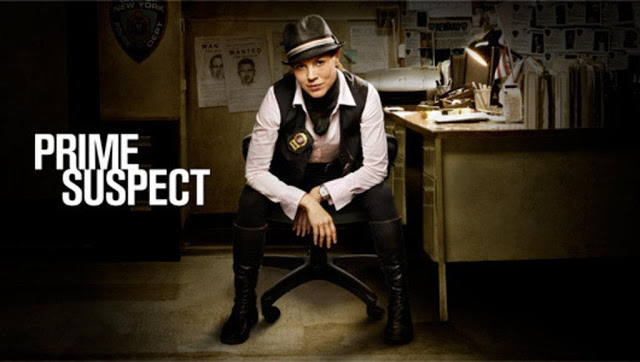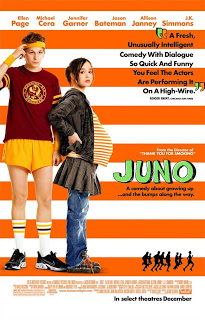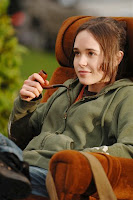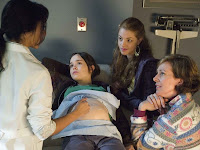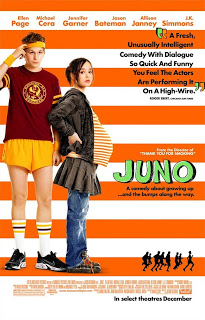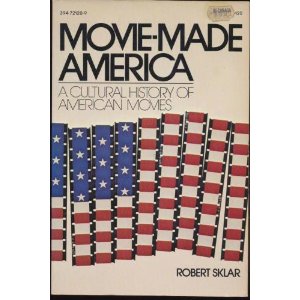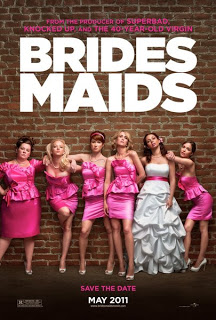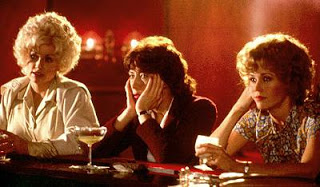 |
| Maria Bello as Detective Jane Timoney on NBC’s “Prime Suspect” |
Some argue
women fare better on television than in films. The
roles are more complex, with more feminist issues explored. One of the most interesting female protagonists I’ve watched in a long time? Detective Jane Timoney on
Prime Suspect. A show I love that sadly comes to an end this Sunday night (1/22.)
Prime Suspect centers around NYC Homicide Detective Jane Timoney, played spectacularly by Maria Bello. I’ve been a long-time fan of Bello’s work from
ER and
A History of Violence to Payback and
The Private Lives of Pippa Lee. Bello gives a tour-de-force performance as Detective Timoney, a role she personally identifies with since
she envisions herself as Jane, only “nicer.”
It’s a gritty, raw and surprisingly funny show. Detective Exuding strength and keen intelligence, Jane Timoney is tough and self-reliant. She’s fearless and complicated with a big mouth and a bitingly sarcastic sense of humor. She drinks a lot and shoots perfectly at the firing range. She possesses a sharp mind that thinks of scenarios others might overlook when solving a homicide. Timoney doesn’t give a fuck what other people think about her and she’s not afraid to be herself. And that might be the most refreshing aspect of all.
Having a show revolve around a female detective isn’t a groundbreaking concept. Following in the footsteps of the original British series with Helen Mirren playing the lead, it echoes The Killing, The Closer, Saving Grace, Cold Case, Rizzoli & Isles, and Cagney & Lacey. But a show created and written by women, with a strong female lead who’s willing to say fuck you to anyone and everyone? You don’t see that every day.
Female protagonists aren’t often allowed to be unlikeable or do despicable things. Even rarer are the characters who don’t give a shit what anyone thinks of them. The female roles on TV I can think of include Roseanne Conner (Roseanne), Captain Kara Thrace (Battlestar Galactica), Maude Findlay (Maude), Elaine Benes (Seinfeld), Christine (New Adventures of Old Christine), Xena (Xena Warrior Princess) Jackie Peyton RN (Nurse Jackie), Dorothy Zbornak (Golden Girls) and Patty Hewes (Damages). Although, I happen to like almost all of these female characters.
 |
| Detective Jane Timoney (Maria Bello) “Prime Suspect” |
In the premiere, the sexism Timoney faces jars and appalls. As a woman, she’s entered a perceived male domain. Her male colleagues insinuate and (some outright say) that she doesn’t deserve to be in homicide as she only got transferred to the department after sleeping with a chief. She faces the wrath of her co-worker, Detective Duffy, who accuses her of leading a homicide case only because another detective died of a heart attack. To their chauvinistic paradigm, she’s transcended boundaries and they’re going to make sure she knows it. When Timoney finds another angle to the case and gets information out of a witness that the previous detectives hadn’t. Calling her a bitch (by implying she’s a witch), Detective Carter snarkily asks her:
Carter: You ever worry that someone’s gonna drop a house on you?
Timoney: Car’s not going to drive itself, is it?
Carter: I guess you don’t.
The original British series premiered in 1991, evolving out of sexism in Scotland Yard. When writer Lynda La Plante discovered only 4 women were Detective Chief Inspectors (DCIs), she created the show. The first season (or “series” in the UK) contends with sexism in the workplace and the hostility that Detective Jane Tennison (Helen Mirren) faced due to her gender.
While the premiere focused heavily on workplace sexism, the rest of the series shied away. Matt Zoller Seitz at
Salon reports that
Alexandra Cunningham and Peter Berg made a conscious decision to “tone down” the sexism in subsequent episodes. Before the show premiered, Cunningham said:
“Obviously, it’s 2011. There’s no institutionalized sexism. There’s human resources. Women have recourse at work when things happen. “Prime Suspect” [will] try to make it more realistic, because sexism isn’t gone. It’s kind of more subtle and insidious in a modern world, and that’s what we’re going to try to do.”
What? No institutionalized sexism?? I’m not sure what world Cunningham lives in but sexism, both blatant and subtle, still very much exists.
As the show progresses, we see Detective Timoney collaborate with her colleagues. We see the hilarious friendship and banter between Detectives Blando and Calderon. We also see Timoney clash with her co-workers, boss, her loving boyfriend, her protective father and her vegan sister (yay a vegan!). Detective Timoney might be a hard-ass. But she’s also funny as hell. Here are some of Jane Timoney’s quips throughout the season:
Timoney: I love to know where the crime scene isn’t.
Timoney: Ever seen a duck? Yeah, they don’t chew either. You just ate that hot dog like a duck.
Hypnotherapist: You don’t seem to be in the right head space to quit smoking right now.
Timoney: I don’t just want to smoke right now. I want to shove a pack of cigarettes in my mouth and light it with a blowtorch.
Timoney: You look tired means you look old. You look short. How’s that feel?
Duffy: Do you know what your problem is?
Timoney: Oh, why limit it to just one?
 |
| Detective Jane Timoney (Maria Bello) in “Prime Suspect” |
In addition to sexism, the show also broached racism. In one of the episodes, 10 of Detective Timoney’s colleagues get pulled from a case of a murdered Latina to work on the murder of a pretty white female who’s an NYU student. Timoney tells the Chief:
“You’re making their point for them. You couldn’t have done it better…When it’s a missing brown girl, from a nobody family, it’s an afterthought.”
While I wish the show had delved deeper, I was thrilled this line appeared at all. Rarely does a TV show with a white protagonist tackle the intersection of racism and sexism.
Prime Suspect also makes interesting gender commentaries when Detective Timoney interacts with other women. There’s another female detective, Detective Carolina Rivera, who all the men flirt with. She’s coquettish and friendly in return. It’s a stark contrast to Detective Timoney’s no-nonsense, straight-forward style. She doesn’t care if the men like her. She’s there to do her job. Timoney also differs from her boyfriend’s ex-wife, Trish, who she often has to communicate with since her boyfriend and Trish share a young son. Trish often makes snide remarks about her carrying a gun or her line of work, especially when it co. Timoney isn’t a girlie girl. And she’s no pushover. In a great scene, after Trish asks Timoney what happened to her face (which is cut and bruised from fighting with an arrested suspect):
“Listen to me: I work terrible hours, often have to leave things early, I arrive to things late. I get phone calls in the middle of the night and all day long. I’ve never been shot, but I’ve been stabbed. I’ve had lye thrown in my face once, and I’m a homicide detective, Trish. Not a policeman or a policewoman. I’m also not a divorce lawyer, but I know about going to court.”
In “Underwater,” my fave episode so far, Timoney and Duffy go on a road trip to protect a little girl. Timoney grows fond of her, telling her she doesn’t like many people but that she likes her. While she’s close with her father and boyfriend, she has seemingly chosen not to have children of her own. In an episode where a man has beaten his wife and murdered her, he asks Detective Timoney why she doesn’t have children. She replies:
“I don’t know. Lucky.”
It’s rare for a female protagonist not to want children. Films, TV series and ads perpetually tell us all women want to have babies. If they don’t, they must be damaged, deluding themselves or they just haven’t found the right man yet. Because you know silly ladies, our lives revolve around men.
One of my favorite moments occurs in the premiere. In a heart-breaking scene, Timoney comes home to her boyfriend, after a grueling day. The two of them fought earlier. She asks him to hold her even though he’s mad because she had a rough day. In a rare moment of exasperation and tenderness, Timoney quietly cries in his arms. She’s not a caricature. She’s a fully developed, complex character who knows she can’t let down her guard and weep at work.
 |
| Detective Jane Timoney (Maria Bello) in “Prime Suspect” |
In “The Sad Death of Prime Suspect,” Melissa Silverstein laments Prime Suspect’s cancellation. She also talks about the difficulties of centering a show around a female protagonist:
“One thing this show made me notice is how it is easy to write a TV show starring a man and have female and male supporting characters surround that lead, but that it is way harder to write a show about a female lead and to create a realistic ensemble around her.
“One of the issues with this show is that there were no other female credible characters on the show. It’s too much baggage for the female lead. She has to respond to the pretty cop who comes in and flirts, she has to deal with the crazy demands of her boyfriend’s ex, she has a crazy sister (where did that come from?). None of those women was a peer or someone she could have a decent conversation with to get her away from all the testosterone.”
That’s my one complaint of the show too: the lack of strong and interesting female characters for Timoney to interact with. No female camaraderie. No best friend to vent to. I wish the show contained a multitude of female characters or sexism in the workplace remained a central theme. But who knows where the show might have taken us.
Prime Suspect is a compelling show with a memorable female character. I’ll be sad as I watch the last 2 episodes Sunday night. I’m going to miss Detective Jane Timoney. We need more badass women like her.


